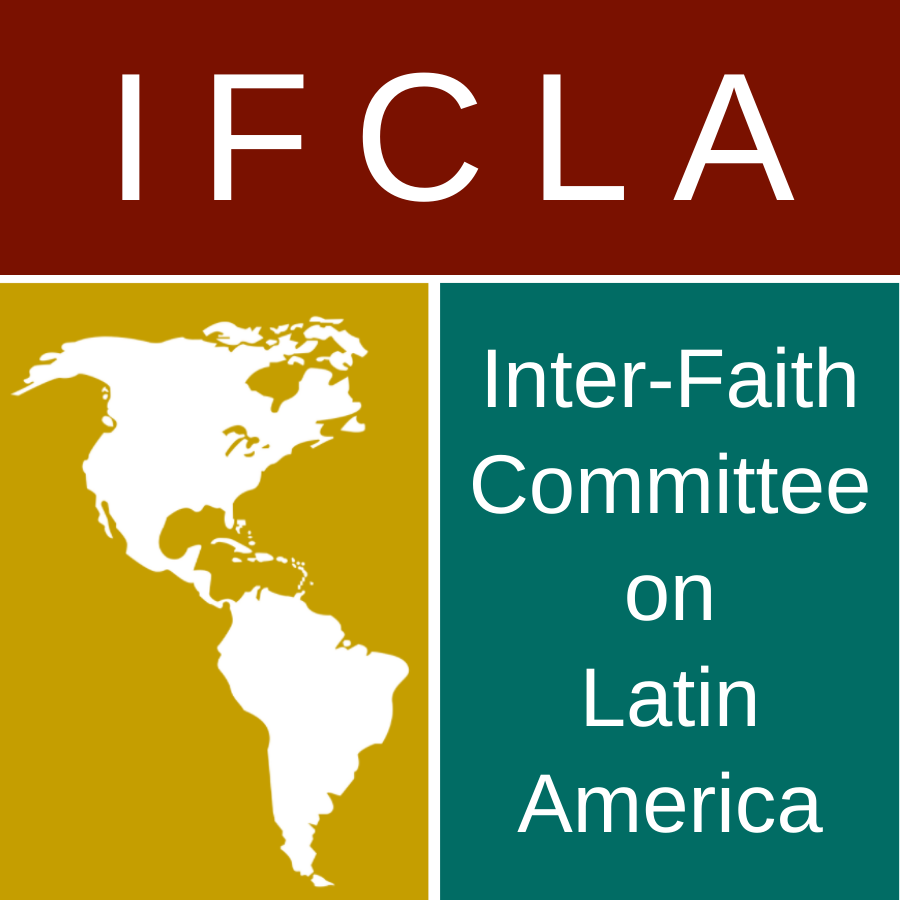“As a powerful but vain imagination, white supremacy attempts to imprison God to whiteness. In a white supremacist framework – God has a white sentence without parole. While confined, God must look white, talk white, think white, affirm white, bless white, and value, above all things, “his” own image made in whiteness. White supremacy attempts to hold the very God of the universe in chains – theological, liturgical, spiritual, creedal, geographical, social, emotional, and political…
…The normalcy of white supremacy makes acceptable and praiseworthy the sociopathic systems, institutions, and governments that name white supremacy as privilege, merited, and or the favor of God. Failure to undermine, expose, and disrupt the patterns of white supremacy that are part and parcel of our shared life ensures the persistent undue suffering of ALL creation.
For people of faith, what does it say that in 2016 we still [perpetuate] the illusion of a white Jesus in our christian imaginations? What does it say that our churches would have a fit if we pulled down our white Jesuses and white saints and white cherubims and angels as an act of repentance? That doing this would shake the very foundations of our churches is proof that we have a problem. This is not about nostalgia and honoring the [heritage], this is about understanding the ways that white supremacy has decimated the human family. This about acknowledging our need of repentance, reformation, and salvation. We all need to be saved from the evil of white supremacy and the ways it has [hijacked] our conception of God and one another.”
Source: “White Ain’t God” by Nick Peterson from RadicalDiscipleship.net




